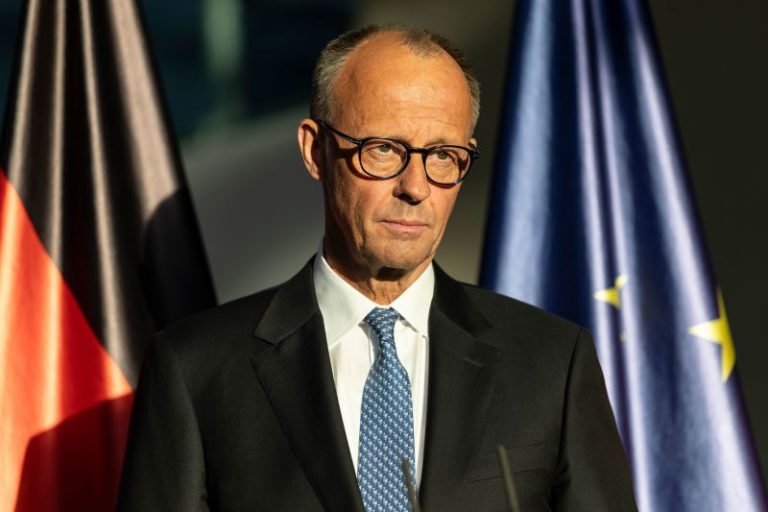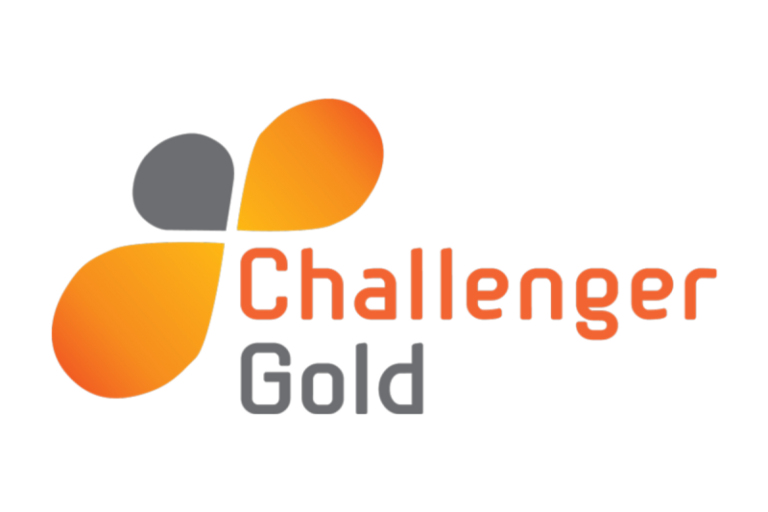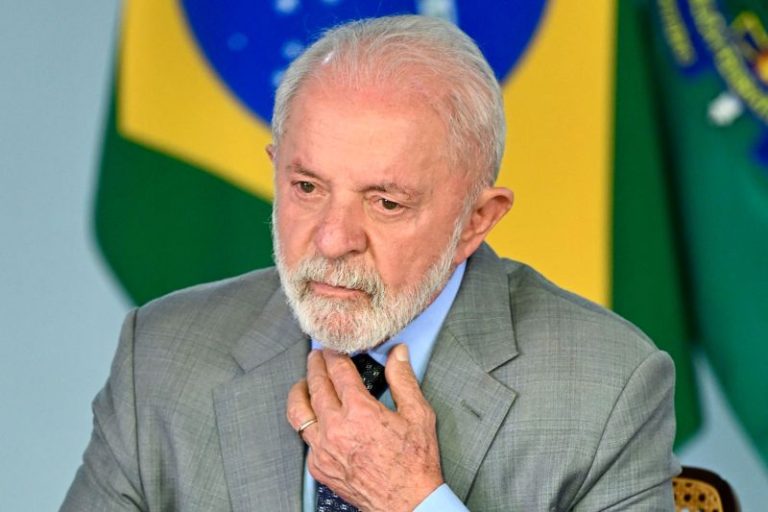For decades, Germany has stood squarely in Israel’s corner, its dark history of Jewish persecution shaping its modern-day policy of virtually unquestioned backing.
In the aftermath of the Hamas October 7, 2023, attacks, the question of German political and military support for Israel was raised – and reaffirmed by then-Chancellor Olaf Scholz.
But comments by new Chancellor Friedrich Merz in recent days have put Germany’s support for Israel under the spotlight.
“We are dismayed by the fate of the civilian population and the terrible suffering of the civilian population” in Gaza, the chancellor said on Tuesday while on a visit to Turku, Finland.
The question of what provoked Merz’s sharp change in tone toward Israel remains unclear. Peter Lintl, an analyst from the German Institute of International and Security Affairs who focuses on German-Israeli relations, believes Merz wanted to get into office, start conversations with Israeli leaders and get an understanding of the direction of travel before outlining his stance.
Merz followed his Tuesday comments by questioning the current actions of the Israel Defense Forces inside Gaza.
Referring to Israel’s expanded operations and the humanitarian crisis in the territory, the German chancellor said that he “no longer sees any logic as to how they serve the goal of fighting terror and freeing the hostages. In this respect, I take a very, very critical view of what has happened in the last few days.”
Tuesday’s language came hot on the heels of a thinly veiled threat from Merz in Berlin on Monday. “The Israeli government must not do anything that its best friends are no longer prepared to accept,” he said.
Merz has also done the previously unthinkable and questioned whether Israel may be violating international law.
National interest
The change of tone is particularly striking because of Germany’s long-standing stance on Israel, that is connected to a theory known as “staatsraison” or national interest.
The connection of staatsraison and Israel were made by then-Chancellor Angela Merkel in 2008.
She told the Israeli parliament, or Knesset, that the “historical responsibility of Germany is part of my country’s national interest (staatsraison). This means that, for me as German chancellor, Israel’s security is never negotiable.”
Similar words were also used by Scholz in the wake of the October 7 attacks in which Hamas militants killed more than 1,200 people in southern Israel and kidnapped some 250 others.
Since Merkel’s speech, and particularly after she stepped down as chancellor in 2021, “the term got a life of its own,” the analyst Lintl says.
“It appeared that if you want to be a respected politician, you have to use the term because it came to signal … that Israel’s security is German staatsraison. It is the minimum threshold we use to distance ourselves from the past,” Lintl says.
That “past” refers largely to the Holocaust in which the Nazis killed more than 6 million Jews.
In Finland on Tuesday, Merz was quick to reiterate he is not abandoning staatsraison entirely. “Israel’s security and existence are, as we have been saying for many years and decades, part of our German staatsraison,” but he has clearly set out to clarify it.
Lintl added: “We didn’t know how this government will conduct itself, or how this government policy toward Israel will look – right now we have more of an idea.”
It remains unclear if Merz and Germany’s relationship with Israel will shift significantly.
Merz has maintained he will continue to talk with Israeli leader Benjamin Netanyahu. Merz has also said he would find “ways and means” for Israel’s prime minister to visit Germany given the ICC (International Criminal Court) arrest warrant out for him.
For now, the statements from Israel seem muted, and respectful.
The Israeli Ambassador to Germany Ron Prosor told German TV Tuesday morning, “when somebody criticizes Israel, and when Friedrich Merz makes this criticism, we listen very carefully because he is a friend.”
Inke Kappler contributed reporting.










